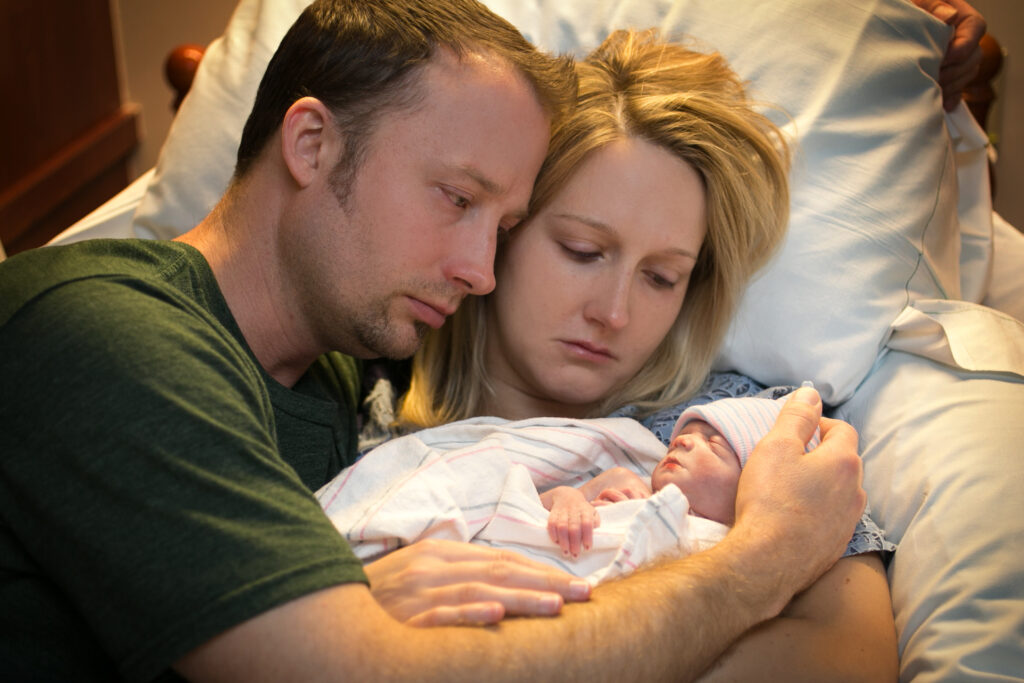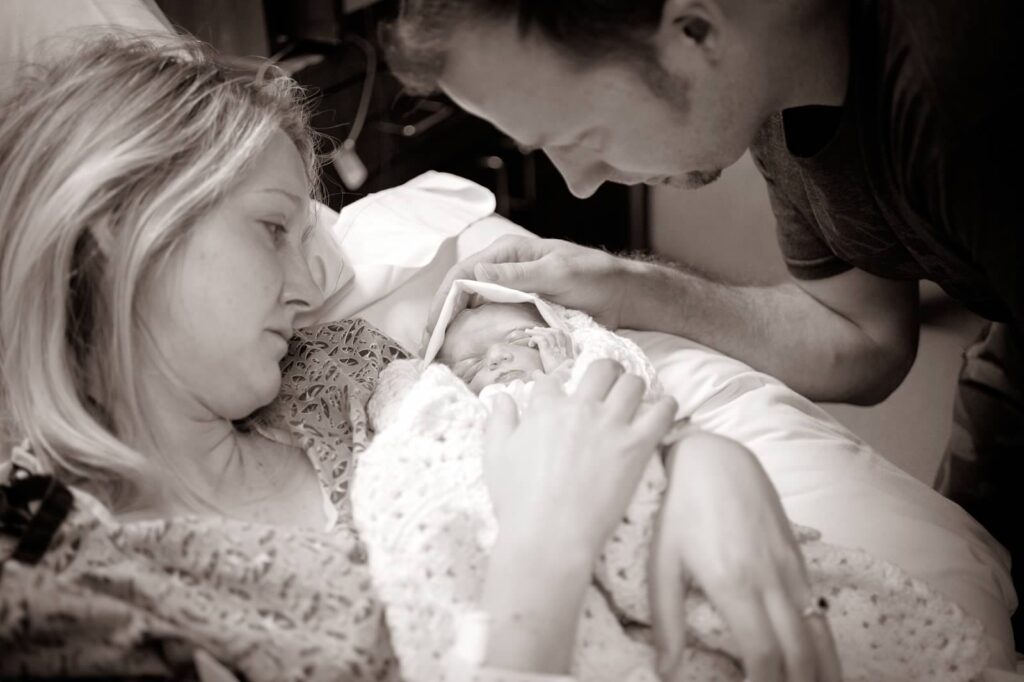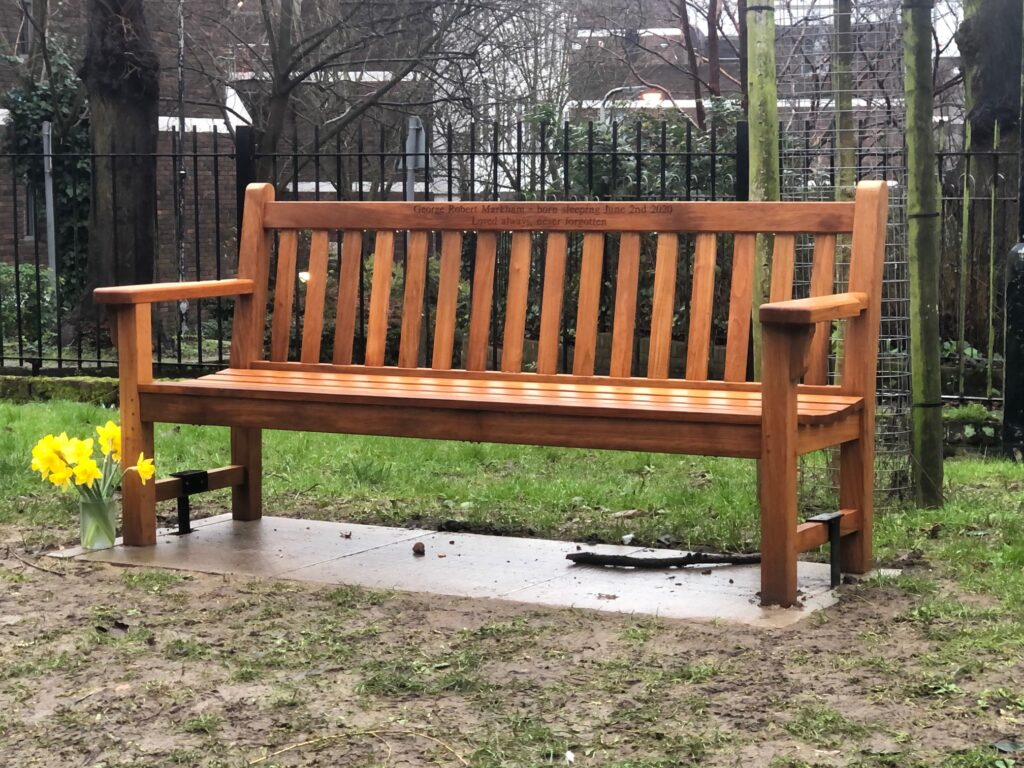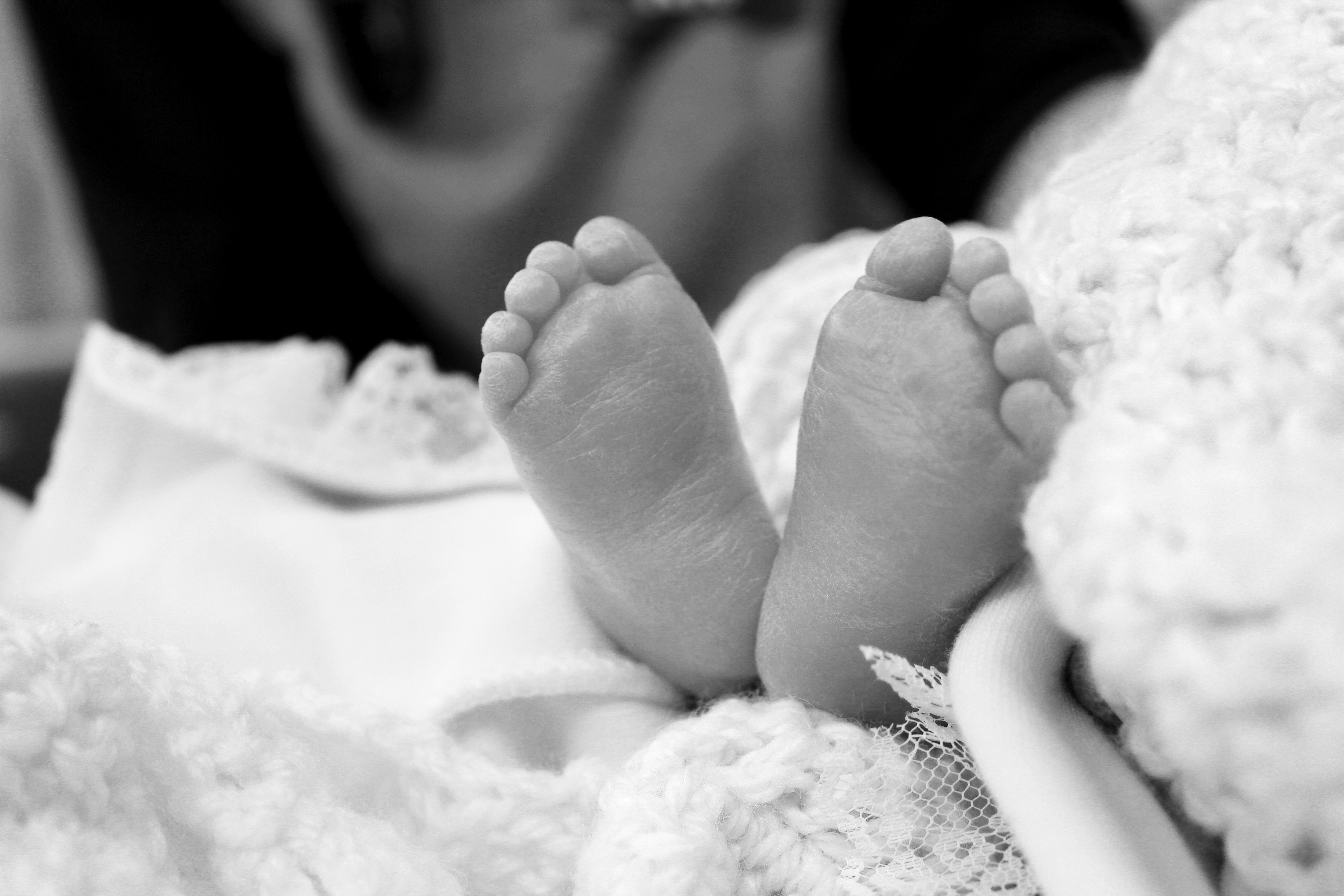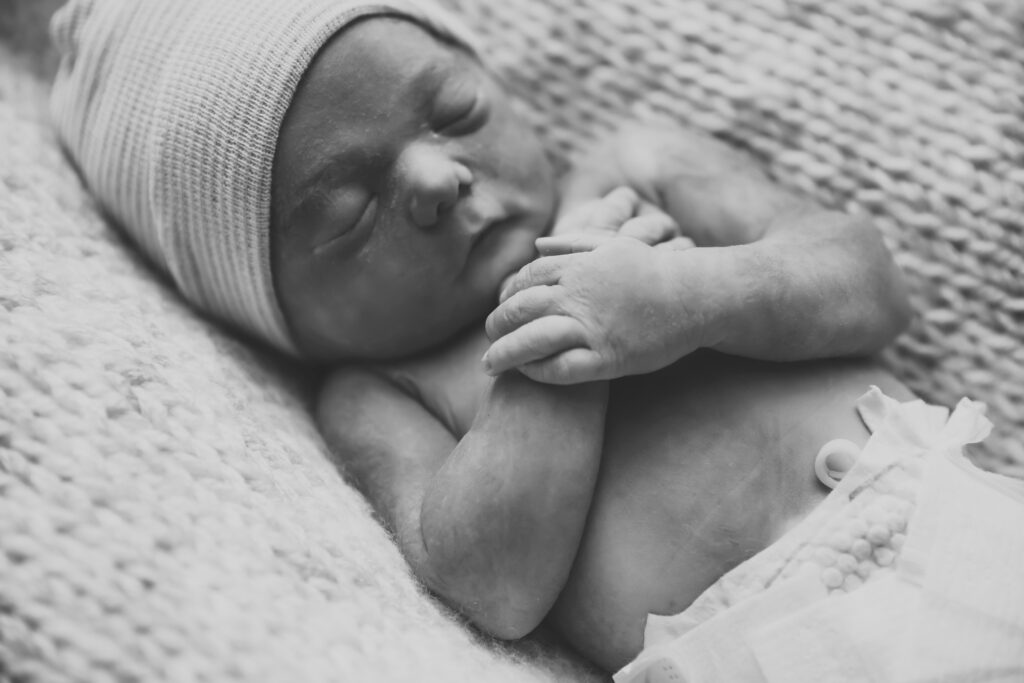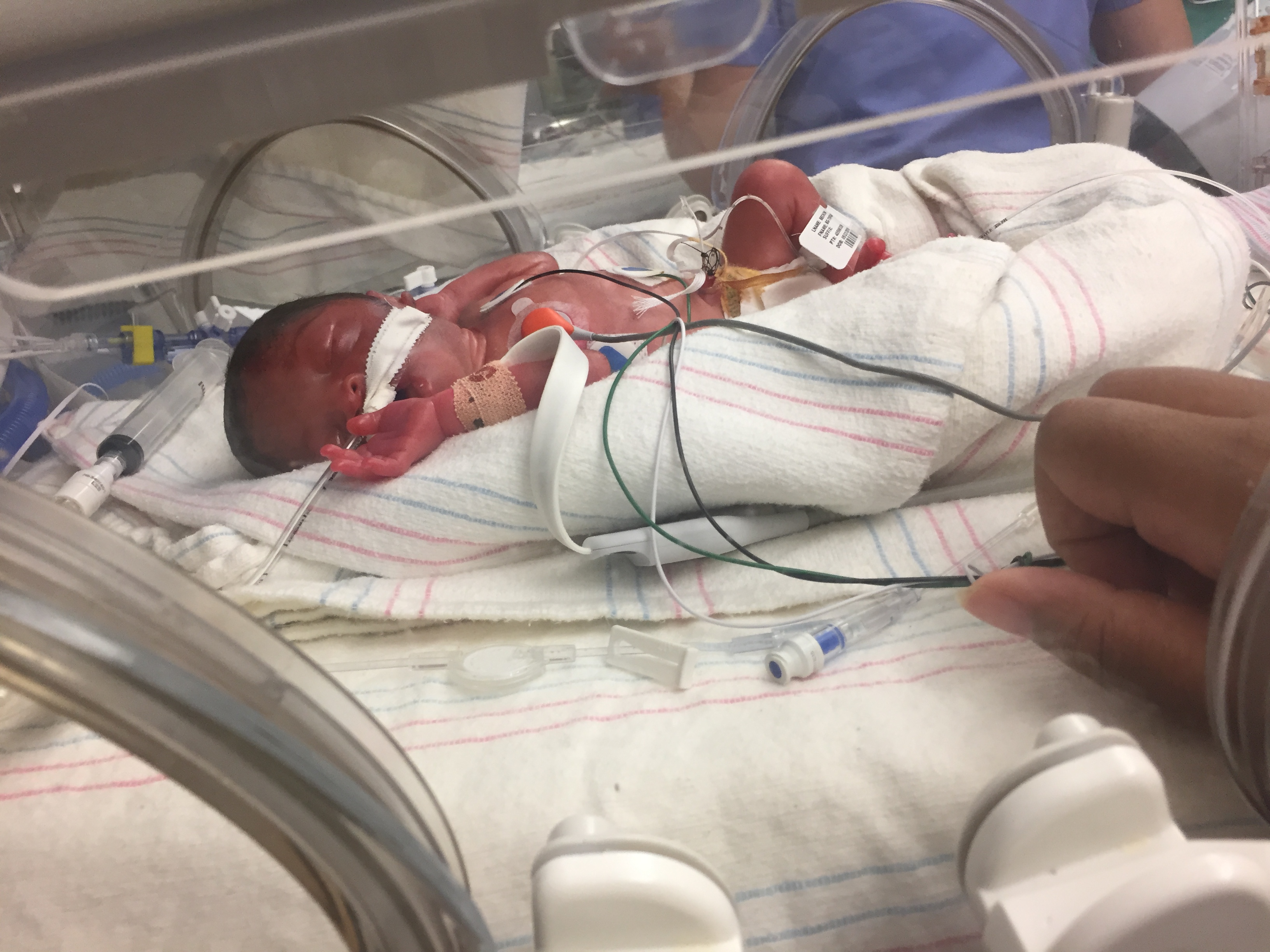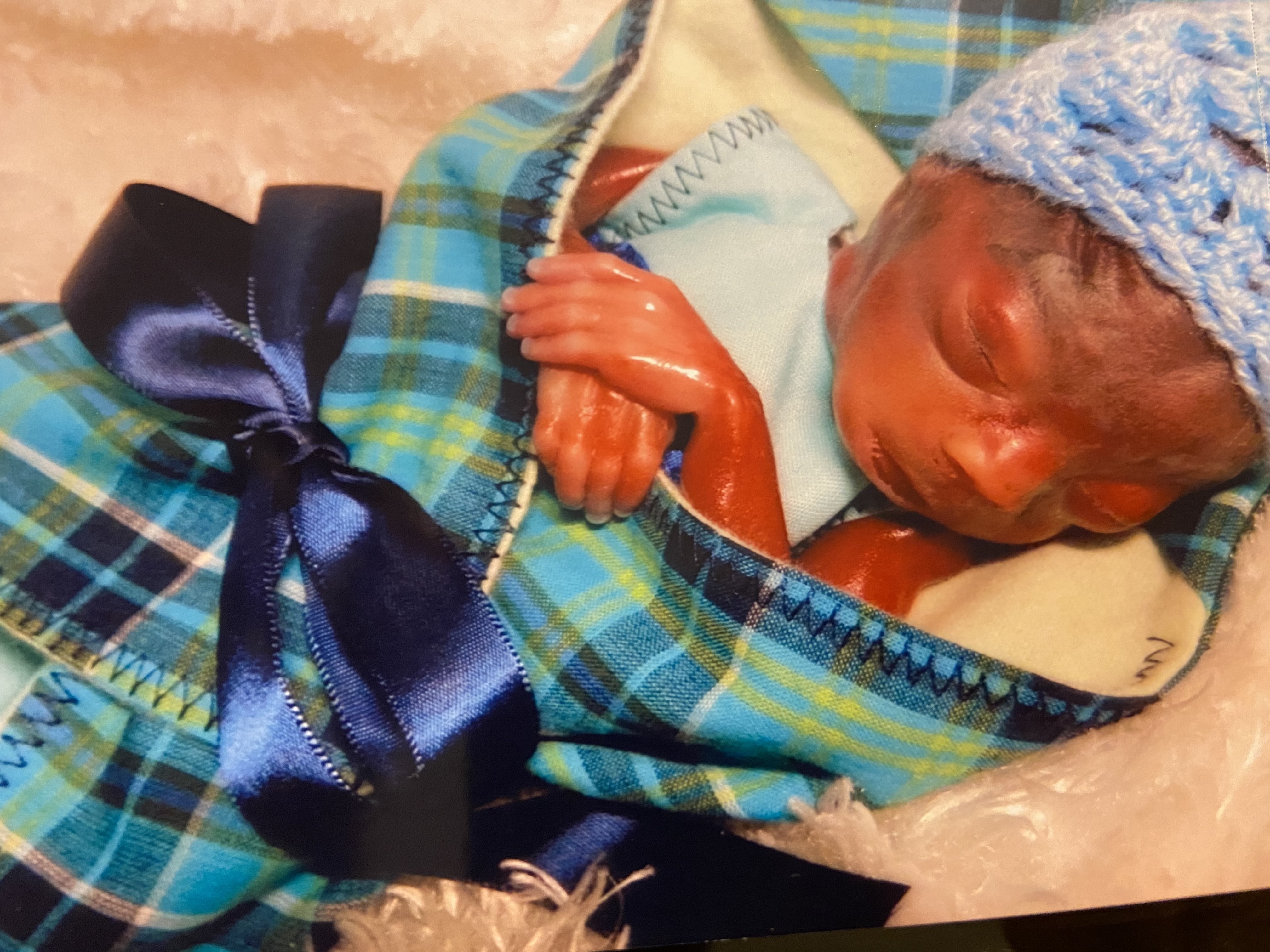Trigger Warning: This episode discusses infant loss, including miscarriage and stillbirth. Please listen with care.
Nothing can prepare you for navigating life after the stillbirth of your child. My guest, Veronika, shares her experience of grieving her son, Benjamin, who only had one umbilical artery. She opens up about the comfort she found in community support, the challenges of loss, and the words that have been both helpful and hurtful along the way.
In this episode, Veronika reflects on the church’s compassion and support that surrounded her and her husband, Scott, during their grief. She also discusses what helped, what hurt, and how each of them processed their loss in unique ways.
Listen to the podcast here:
Some highlights from our conversation with Veronika:
- The emotional impact of not knowing the cause of Benjamin’s passing
- Why grieving a child is different from other types of loss
- The importance of self-compassion and resisting self-blame
- Ways Veronika and Scott supported one another
- Finding comfort in hearing others’ stories of loss
Veronika’s story is a reminder of the unique ways each person grieves. Her journey sheds light on the importance of self-compassion, community, and openhearted support from loved ones. Through shared stories and compassionate listening, healing becomes possible.

Quotes:
“There’s no exact reason why, and you kind of want to have that, because that could, I feel like, help you in a lot of ways to process and grieve. Your mind just wants to know why and what went wrong.” – Veronika (01:23)
“But when people from your church family tell you, like, ‘This was the Lord’s will,’ and ‘Everything, you know, works out,’ that’s not what you want to hear at that moment. You need to find that out for yourself, not somebody on the outside, or someone who’s never gone through it trying to encourage you.” – Veronika (22:12)
Other Episodes You Might Appreciate:
Support the Show:
By donating $5 or $10, you’ll be supporting the ongoing production of these stories. We appreciate your help toward production and hosting costs.
Donate here: https://ko-fi.com/stillapartofus
Thank you for your support!
Subscribe:
YOUTUBE:
Please subscribe to our YouTube channel for more birth stories from families who have experienced a stillbirth or infant loss. We’re grateful that you’re part of our community! https://www.youtube.com/stillapartofus
THE PODCAST:
Please subscribe to Still A Part of Us wherever you find podcasts.
https://podcasts.apple.com/us/podcast/still-a-part-of-us-a-podcast-about/id1473594556
Links:
Grief Support Groups: https://nationalshare.org/
Some of these links are affiliate links, which means we may get a small commission off your purchase, at no extra cost to you.


